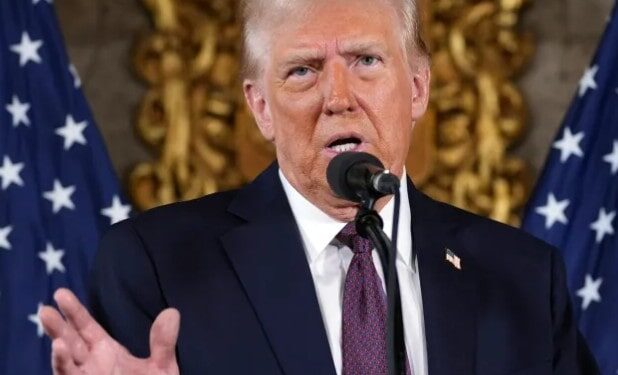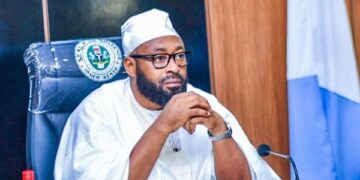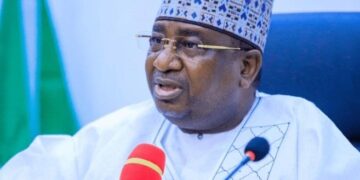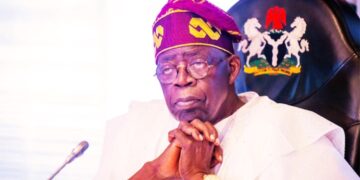US President Donald Trump on Sunday asserted South Africa was “confiscating” land and “treating certain classes of people very badly” as he announced he was cutting off all future funding to the country pending an investigation.
The land issue in South Africa has long been divisive, with efforts to redress the inequality of white-rule drawing criticism from conservatives including Elon Musk, the world’s wealthiest person, who was born in South Africa and is a powerful Trump adviser.
South African President Cyril Ramaphosa last month signed a bill that stipulates the government may, in certain circumstances, offer “nil compensation” for property it decides to expropriate in the public interest.
“South Africa is confiscating land, and treating certain classes of people VERY BADLY,” Trump wrote on his Truth Social platform.
“I will be cutting off all future funding to South Africa until a full investigation of this situation has been completed!” Trump wrote.
Pretoria argues the bill does not allow the government to expropriate property arbitrarily and must first seek to reach agreement with the owner.
However, some groups fear a situation similar to the Zimbabwe government’s seizure of white-owned commercial farms, often without compensation, after independence in 1980.
Later, in a briefing with journalists, Trump said that South Africa’s “leadership is doing some terrible things, horrible things” without giving examples.
“So that’s under investigation right now. We’ll make a determination, and until such time as we find out what South Africa is doing — they’re taking away land and confiscating land, and actually they’re doing things that are perhaps far worse than that.”
Land ownership remains a deeply divisive issue in South Africa, with a large portion of farmland still in the hands of white owners more than three decades after apartheid ended. Since then, land courts have addressed a small number of land disputes, returning property to those who were previously displaced, though these processes have been lengthy and complex.
The 1913 Natives Land Act, which led to the forced removal of thousands of Black families from their land under apartheid, is a key historical event highlighted by the South African government.
This issue has become a focal point for some conservative figures, including Elon Musk and right-wing journalist Katie Hopkins, who have advocated for the rights of white landowners. Musk, born in Pretoria on June 28, 1971, to an engineer father and a Canadian-born model mother, left South Africa in his late teens. Apartheid officially ended in 1990, with multi-racial elections held in 1994.
Former President Donald Trump has surrounded himself with influential figures from Silicon Valley who, like him, have ties to southern Africa during the apartheid era. Notably, David Sacks, Trump’s new czar for artificial intelligence and cryptocurrency, co-founded PayPal with Musk. Another PayPal co-founder, Peter Thiel, also spent time in southern Africa, including Namibia when it was under South African control. Thiel has faced accusations of supporting the apartheid regime, although a spokesperson has denied these claims.

Address: No 5 Ejembi Eko Street, New GRA, Makurdi, Benue State, Nigeria





